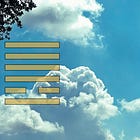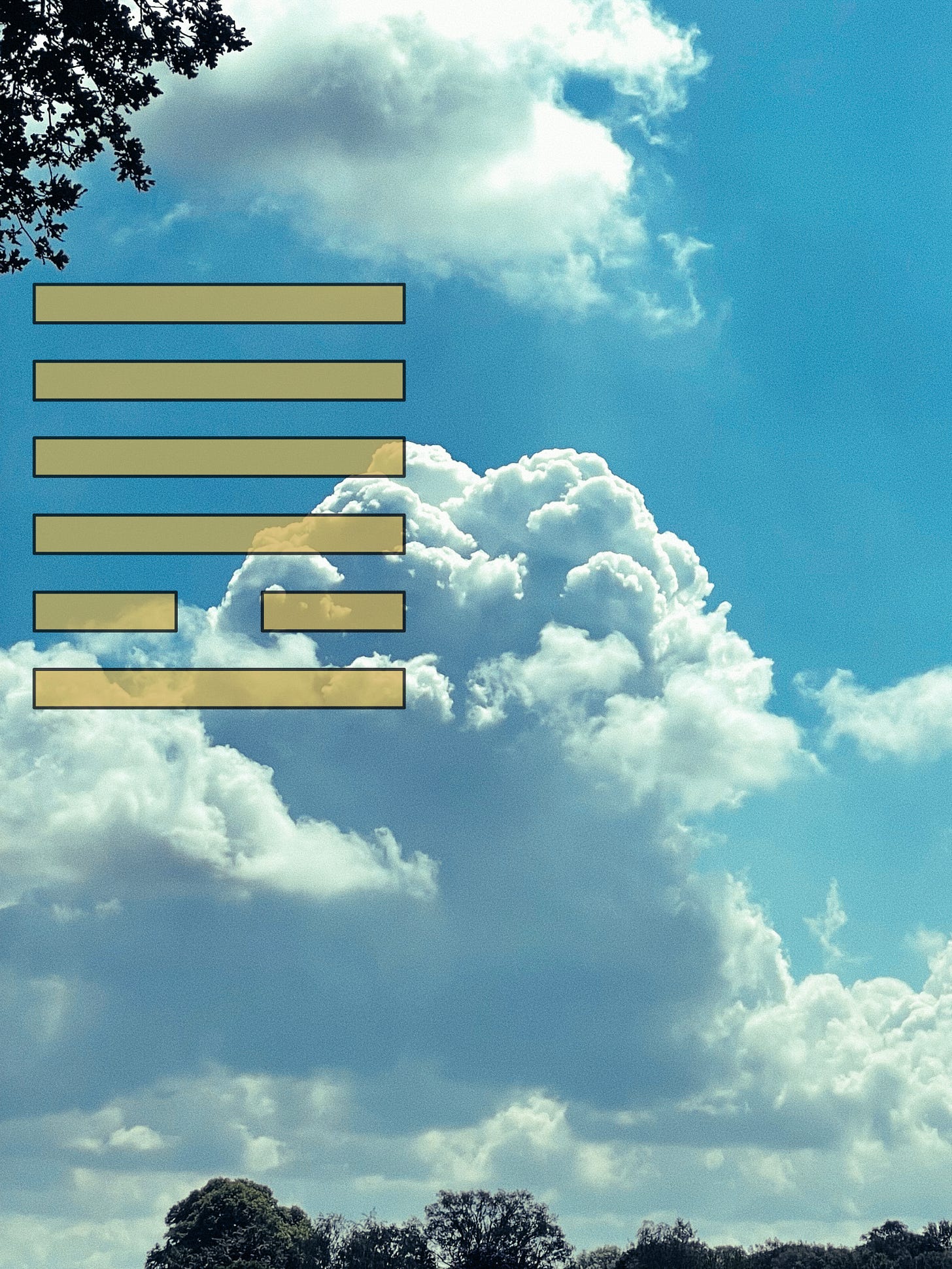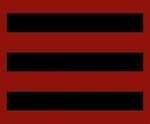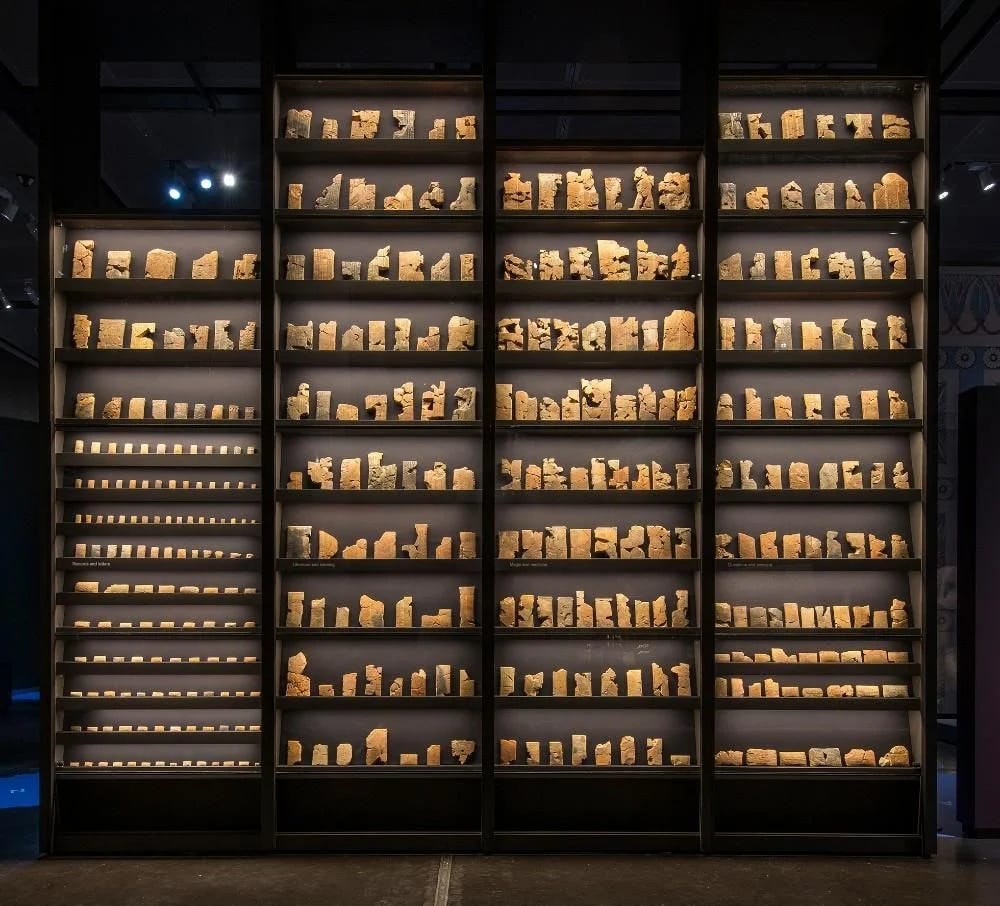This is a sequel to:
Hieronder volgt de van begin tot het einde herschreven versie van het artikel dat afgelopen mei verscheen.
THE IMAGE of two trigrams: below Fire, above Heaven. The sun shines on the earth and from its surface heat rises. Thermals carry water vapour, which, when enough altitude is reached, condenses and form clouds. The energy released from this further amplifies the thrust.
Is there anything more impressive than seeing clouds expanding in slow motion? Boring? Nothing special? You can save yourself a trip to the mountains, and just stay home. Look up, imposing mountain formations float past you. On the cloud front, no day is the same. Marvel at modest pile clouds, the cumulus humilis. Or at the stack of an imposing cumulus congestus. And then, at the end of a hot summer day, higher than a Himalayan giant, the awe-inspiring cumulonimbus.

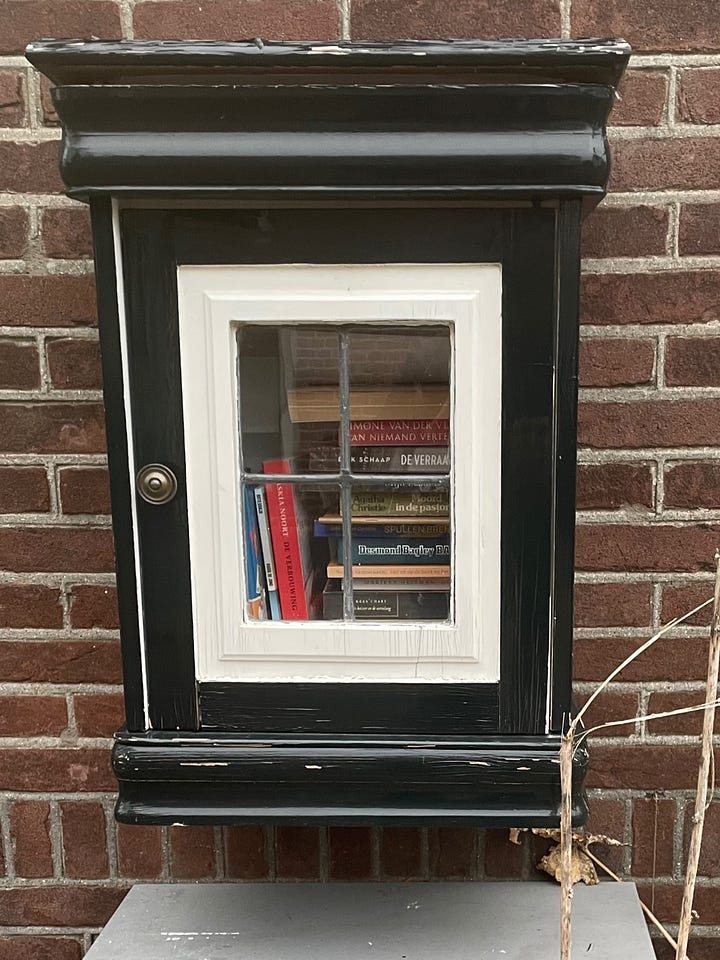
Without the library, you have no civilization.
Ray Bradbury
The first libraries appeared in the Fertile Crescent, where the newly emerging agriculture and animal husbandry had made urban culture possible. Not yet a collection of papyrus scrolls, writings on parchment or shelves of paper books, but stacks of clay tablets. Heavy and thick, but supremely durable. Most are still perfectly legible now, after millennia.
Keep reading with a 7-day free trial
Subscribe to ACHT IS MEER DAN DUIZEND to keep reading this post and get 7 days of free access to the full post archives.


